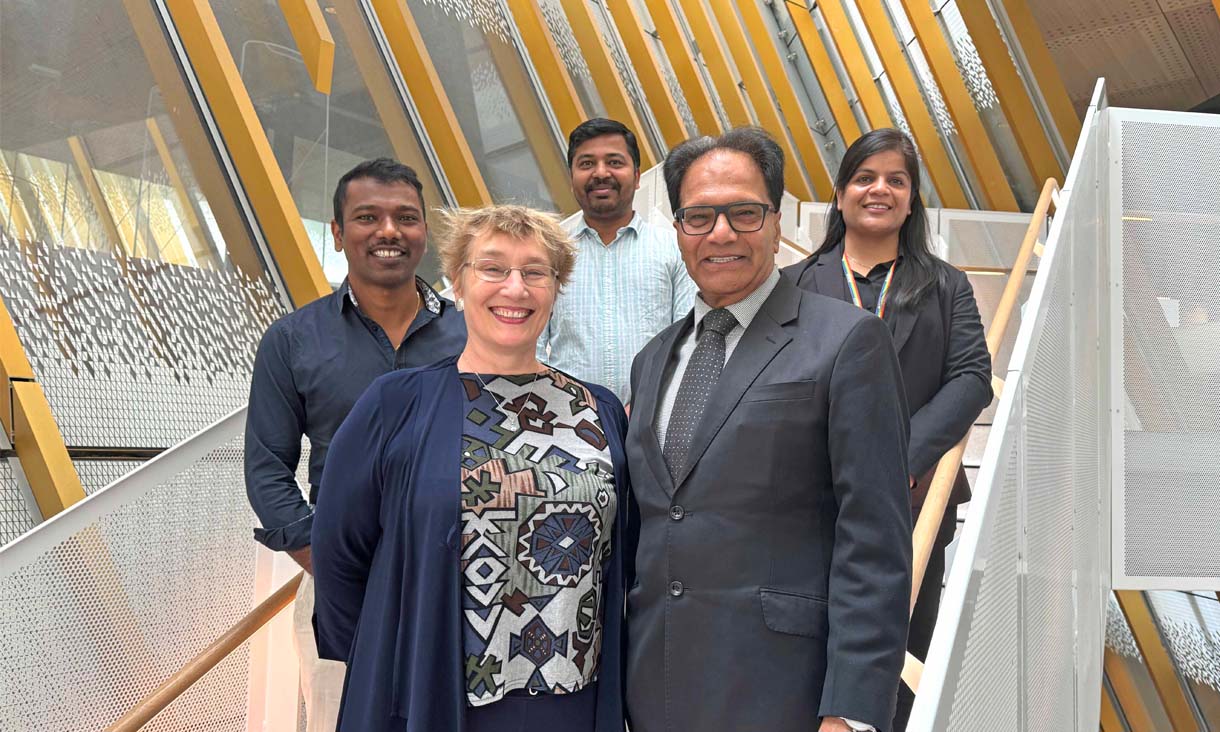Warren interviewed Simon Elisha, Head of Technology and Transformation of the Australiana and New Zealand sector at Amazon Web Services (AWS), and RMIT’s Chief Information Security Officer Tony Aramze.
A theme throughout the webinar was the critically important focus on the “human factors” of cyber resilience, paying close attention to how people are adapting and adopting to rapid changes to their digital environment.
Elisha described cyber resilience as the accepting that situations will happen and focusing on coping with them and resolving the problems.
“It’s about reducing the number of things that could happen, learning from the things that do happen, and then being able to monitor and resolve the things that are unexpected,” Elisha said.
Aramze’s advice was to focus on the people and continually lift the culture of the organisation with regards to cyber security.
“Cyber criminals are targeting the weakest link and that weakest link is our people,” Aramze said.
“We spend millions in technologies and processes, however if just one person clicks on a link you’re still going to be compromised.”
Similarly, Elisha said that it was important to train staff in modern cyber-resilience skills.
“You’ve got to invest in training in your people. Not just the security folks, but a much broader range of staff,” he said.
“Secondly, it’s about constantly and actively testing your resilience. Don’t think you’re resilient, know you’re resilient.”
Examples included training, simulations, ‘game-days’, and intentionally causing trouble in the network to know you’re equipped to deal with a security breach.
COVID-19 has accelerated change within a lot of organisations and the cyber security experts believe it has allowed us to realise the potential of working remotely.
“A lot of organisations thought they couldn’t work remotely and suddenly now are. I’m not saying it’s always the best way to do things, but it’s certainly possible and giving us a taste of the potential of technology.”
Matt Salier, RMIT Activator’s Director and the new Director of the Cyber Ready CIC, closed the webinar highlighting this would be the first in a series of events to highlight the deep expertise across RMIT in Cyber Security and enable our industry and public sector partners to address this critical aspect of our digital economy.
The RMIT Cyber Ready Cloud Innovation Centre (CIC), powered by Amazon Web Services (AWS) aims to build Australia’s capability and resilience in addressing the rapidly evolving digital environment and associated cyber security threats by co-designing solutions with students, government and industry.
The CIC which will launch in mid 2020, will collaboratewith public and private sector organisations to predict and proactively mitigate cyber security threats across Australia, whilst contributing to community and policy debates.
Story: Caleb Scanlon


.jpg)


